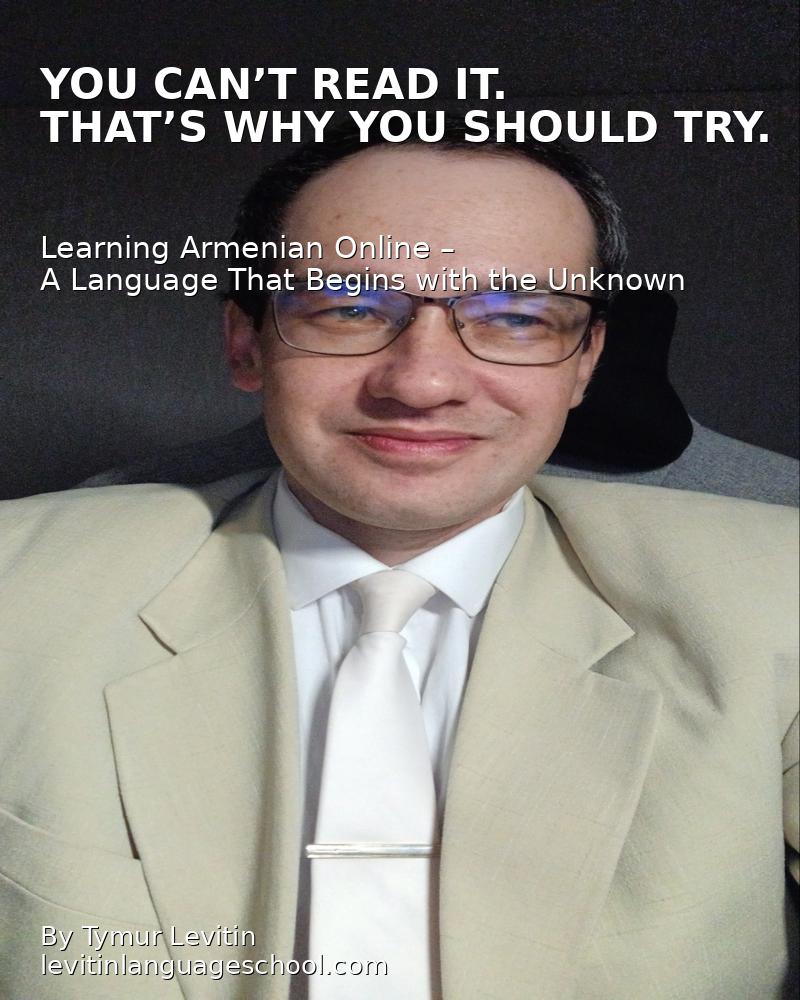Why Language Isn’t About Memorizing Exceptions
“Language isn’t a perfect system. It’s a living reflection of how people think — and that includes contradictions.”
— Tymur Levitin
Author’s Column — Tymur Levitin on Language, Meaning, and Respect
Part of the series: Grammar Is Meaning, Not Rules
Why Students Get Stuck on “Exceptions”
Most learners hit a wall when they hear:
- “This is just an exception.”
- “There’s no reason — just memorize it.”
- “It’s irregular. That’s how it is.”
And then they give up.
But what if we told them the truth?
Grammar is not math. It’s not supposed to be perfect.
It’s supposed to be useful.
Language Came First — Rules Came Later
People were speaking long before anyone wrote a grammar book.
They didn’t ask:
“Is this regular?”
They asked:
“Does this make sense to you?”
And that’s how patterns formed — through rhythm, sound, logic, and social use.
So when we say “went” замість “goed”, it’s not because someone invented a rule.
It’s because “went” flowed better in that moment — and people remembered it.
“Exceptions” Are Just Unexplained Patterns
Let’s be honest: students hate exceptions because they feel unfair.
But most of them follow deeper rules — just not the kind found in textbooks.
Take these examples:
- child → children
- foot → feet
- mouse → mice
Looks random?
But all of them go back to old vowel shift patterns.
This isn’t chaos — it’s history in motion.
Why Grammar Feels Rigid (But Isn’t)
Textbooks present grammar like a machine:
- Present Simple
- Present Perfect
- Future in the Past
All neat, all in boxes.
But real speech is messy:
- “I was gonna say…”
- “You’d think he’d know better.”
- “We been talking for hours.”
And every fluent speaker understands this mess — without rules.
Because grammar isn’t math. It’s habitual reasoning.
What We Teach Instead of Rules
At Levitin Language School, we replace:
- Rules → with reasons
- Exceptions → with patterns
- Memorization → with mental filters
We show students how:
- “goed” feels wrong because the brain catches the discord
- “an apple” flows better because of sound logic
- “You must be tired” carries emotional context — not just grammar
That’s why we don’t train parrots.
We train thinkers.
Related posts from our blog
→ Why ‘a apples’ Doesn’t Exist
→ Modal Verbs Are Not Actions
→ Мовний бар'єр - це не про мову
→ Напружений зсув у перекладі: Чому час завжди має значення
Про автора
Tymur Levitin — founder, director, and senior instructor at Levitin Language School / Start Language School by Tymur Levitin
🔗 Знайомство з автором →
© Тимур Левітін. Всі права захищені.
























